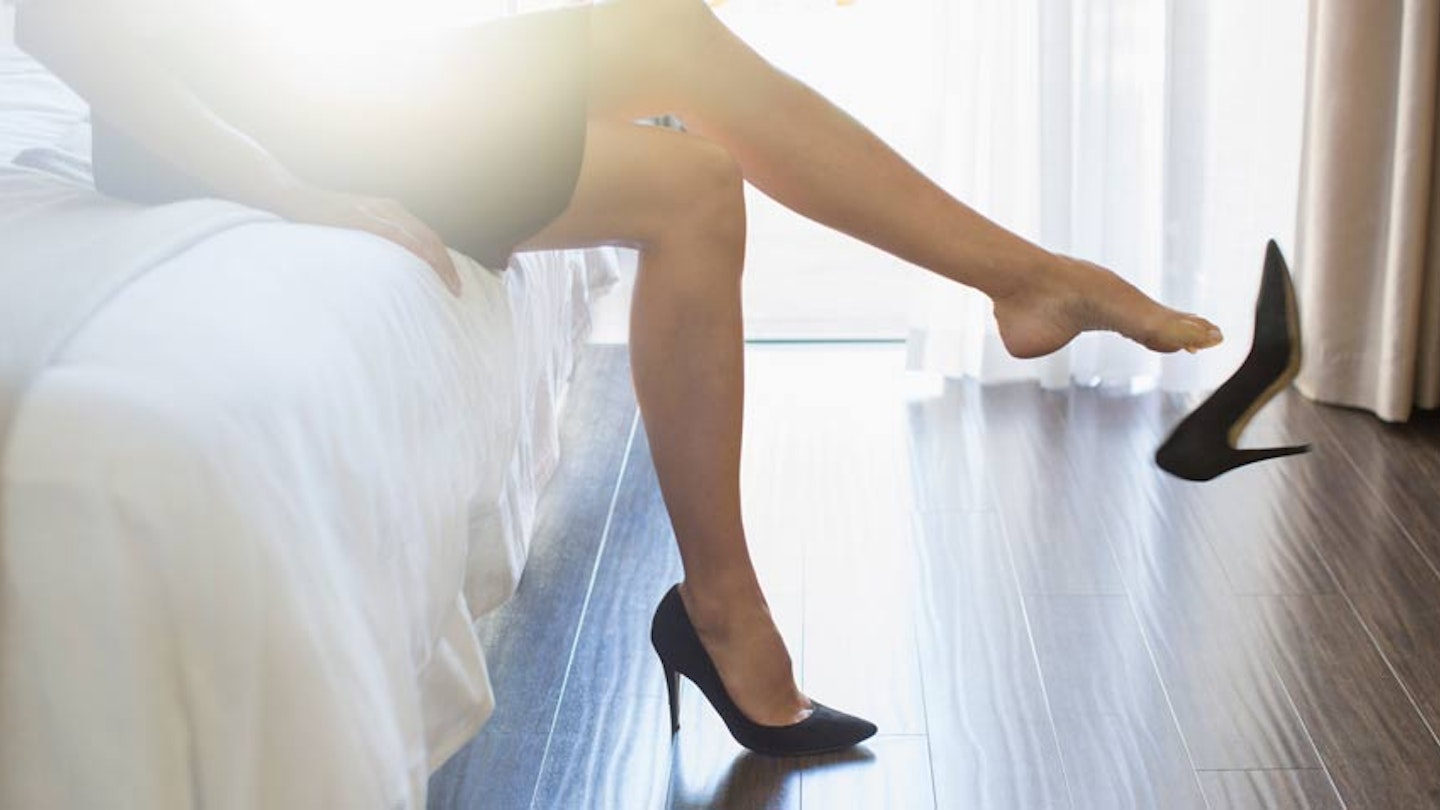The government has decided against changing current leglislation regarding workplace dress codes that insist women wear heels. The ruling comes following a campaign to banish sexist and out-of-date dress codes started by Nicola Thorp - the Portico receptionist who was sent home from work for not wearing high heels.
This decision means that companies can continue to demand that women wear high heels at work.
The Equalities Office called current leglislation 'adequate' and stated that new guidelines would be drawn up this summer.
Thorp called the decision 'a shame'.
'It shouldn't be down to people like myself. The government should take responsibility and put it in legislation. I do think it is a little bit of a cop-out,' Thorp commented.
On the 25th January we wrote...
Being told to wear high heels, short skirts or make-up in the office could soon become grounds for legal action after two parliamentary committees found that sexist dress codes are discriminatory against women.
The findings come after the high profile case of Nicola Thorp, a Portico receptionist who was sent home from work without pay for refusing to wear two inch heels. Frustrated by the situation, she launched a parliamentary petition to make it illegal for a company to require women to wear high heels at work.
‘It's still legal in the UK for a company to require female members of staff to wear high heels at work against their will’ she wrote. ‘Dress code laws should be changed so that women have the option to wear flat formal shoes at work, if they wish. Current formal work dress codes are out-dated and sexist.’
It was a stance many agreed with – the petition gathered over 150,000 signatures – despite the 2010 Equality Act affectively banning such treatment. The report found that in practice many workers are not being protected by the law, and that women were not only facing sexist discrimination, but also health issues linked to the enforced wearing of painful high heel shoes. The committee suggested companies who disobey the law face fines payable to the employees.
‘We heard from hundreds of women who told us about the pain and long-term damage caused by wearing high heels for long periods in the workplace, as well as from women who had been required to dye their hair blonde, to wear revealing outfits and to constantly reapply makeup,’ the report said.
‘The government has said that the existing law is clear, and that the dress code that prompted this petition is already unlawful. Nevertheless,
discriminatory dress codes remain widespread.It is therefore clear that the existing law is not yet fully effective in protecting employees from discrimination at work. We call on the government to review this area of the law.’
The news comes after recent surveys have found that women who wear more makeup in the work place are more likely to get promoted, while blonde women are more likely to be CEOs.
